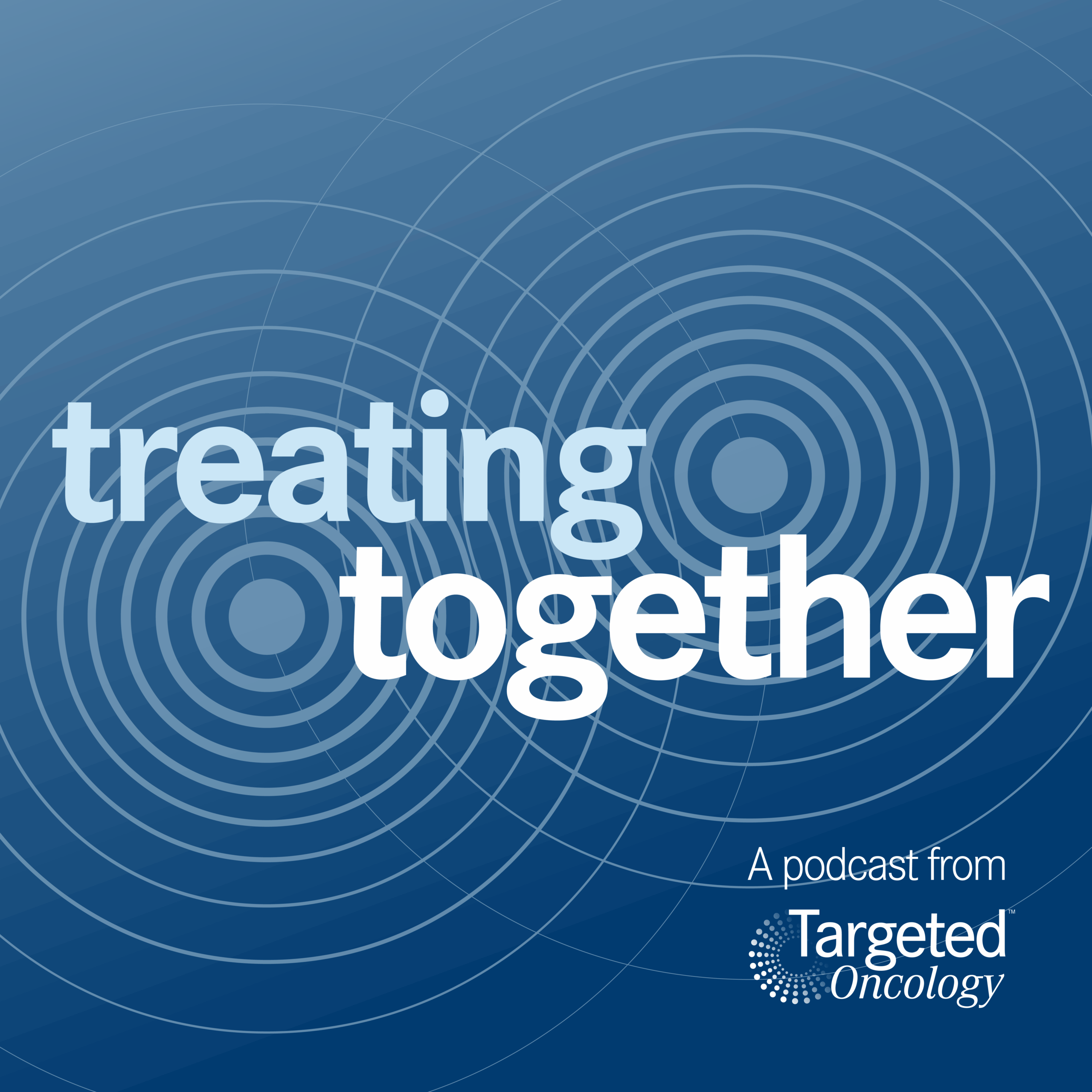In this episode of the Treating Together podcast, Edward S. Kim, MD, MBA, and Neel Shah, MD, discuss the rapid advancements in lung cancer therapy, the challenges community physicians face in staying updated with new data, and the need for better access to clinical trials and new treatments.
Episode Highlights
1:07 | Transformation of Lung Cancer Treatment
2:35 | Challenges in Staying Updated
4:43 | Role of Technology and AI in Oncology
8:08 | FDA & NCCN Guideline Lags
13:07 | Barriers to Advanced Treatment Access
16:21 | Reforming Clinical Trial Eligibility Criteria
The oncologists explore the evolution of lung cancer treatment, highlighting the transition from a limited number of therapies to the current landscape of numerous options, including targeted therapies and immunotherapies. They discuss how this expansion has provided patients and physicians with meaningful choices, transforming lung cancer into a field with one of the most robust lineups of actionable biomarkers in oncology.
“I feel like, for me, I’m one of the luckiest people to start practicing on my own in 2010 [with] the explosion of new drugs, new targets, immunotherapy, bispecific antibodies; it’s an exciting time to do what we do.… I think it’s just been an explosion the last 15 years. I feel fortunate to be part of it,” Shah said when reflecting on the lung cancer landscape.
Kim and Shah also focus on the practical challenges faced by community oncologists in staying current with this rapid pace of change. Shah, who practices in a community setting, details the reliance on tools like FDA approvals and NCCN guidelines to navigate treatment decisions, while also pointing out a lag in how quickly these resources are updated with new data. This delay can create a barrier to providing the best available care, as insurance companies will refuse to cover treatments not yet listed in these guidelines. Both physicians also identify clinical trial accessibility and restrictive eligibility criteria as major hurdles that need to be addressed to ensure equitable patient care across academic and community settings.
Despite these challenges, they express gratitude and excitement for practicing during this transformative period and underscore the necessity of collaboration across the oncology ecosystem. They advocate for better technological tools and systemic reforms to streamline education and access, ensuring that the latest breakthroughs reach all patients immediately.
